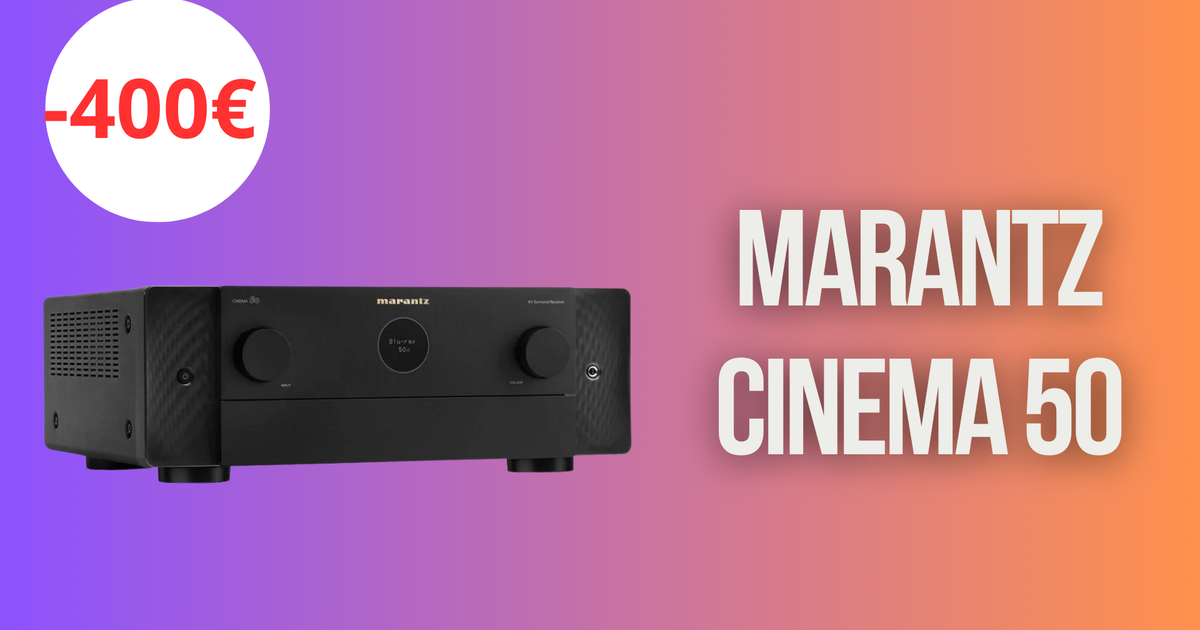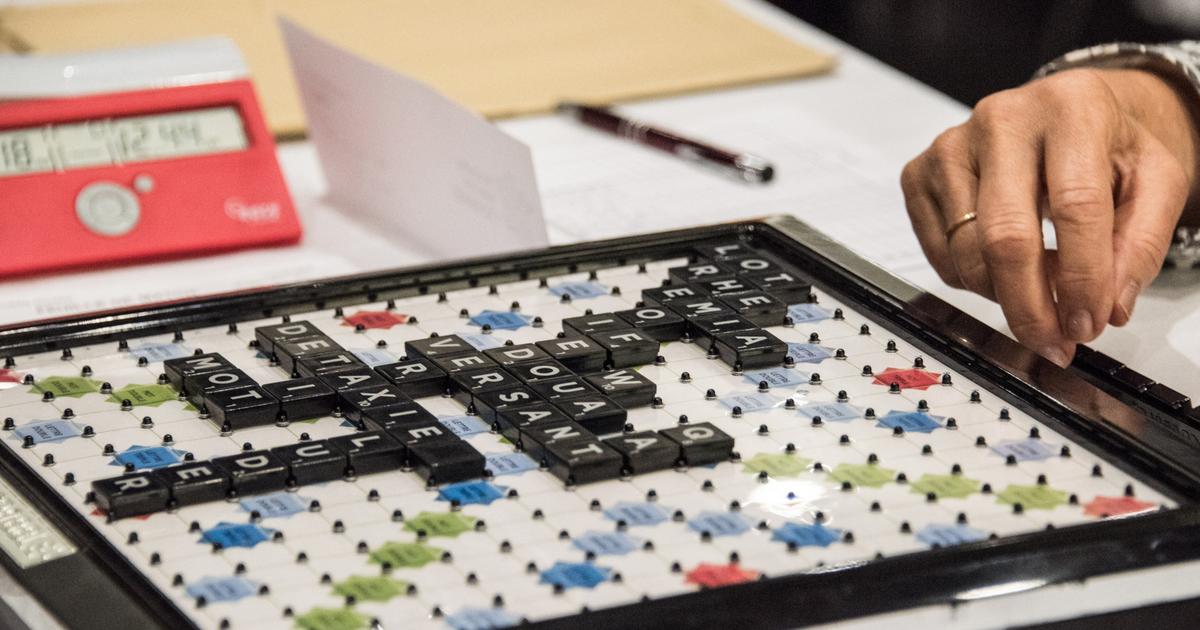Icon: enlarge
Photo: Hendrik Breuer
Since 1979 a "Game of the Year" has been chosen every year in Germany.
Award-winning games such as "Catan" (1995 winner), "Carcassonne" (2001) or "Kingdomino" (2017) and "Azul" (2018) are popular bestsellers that have sold millions of times around the world.
However, the award-winning games are usually relatively simple and often not a great challenge, especially for frequent players.
That is why there has been a "Kennerspiel des Jahres" since 2011.
This award is given to games that are aimed at more experienced players who have outgrown the "game of the year".
Ten works have now been recognized as "Kennerspiele", but the genre is also growing outside of the award-winning games.
We present some exciting games for advanced players here.
Those who have had enough of "Catan" and Co. can freshen up the evening with these eight games.
"Caylus 1303"
Icon: enlarge Photo: Hendrik Breuer
"Caylus"?
Wasn't there something?
William Attia's classic appeared as early as 2005: a game that made the mechanism of worker use so popular that countless games in the genre have followed since then.
Instead of moving around on a board or placing tiles, the pieces are sent "to work" at certain points.
There they produce resources or carry out various actions.
That actually set the scene, but 15 years later the original "Caylus" appears a bit out of round and overloaded.
That's why the author Attia published a new, dusted and modernized edition called "Caylus 1303" this summer.
Icon: enlarge Photo: Hendrik Breuer
Who is it for
"Caylus 1303" is something for gamers who want to get to know this genre and who want a revised, yet classic gameplay.
"Caylus" was formative for a whole generation of players, "Caylus 1303" transports the old feel of the game into 2020.
"End of working day"
Icon: enlarge Photo: Hendrik Breuer
"Feierabend" is one of the many games that followed "Caylus": Again, it's about work.
The new factory by Friedemann Friese is located in a modern parallel universe in which workers tear off 70-hour weeks, have hardly any free time and certainly no vacation.
The aim of the game is to fight for better working conditions, to make the evenings more exciting and to become more relaxed.
This is thematically implemented in a practical way.
You can meet a partner on a blind date and tow them to the motel, go on vacation together, even the pay gap can be closed.
At some point there is really good money for the 20-hour week.
Icon: enlarge Photo: Hendrik Breuer
Who is it for
"After-work" is a fun game and surprisingly comes out without any moralizing undertone.
"It's enough, I'll go to the union" or "Folks, now there's the mega-strike" are sentences that make people happy at the table.
When everyone is in the mood for stupid sayings, "after-work" ensures cheerfulness.
But if the game is played quietly and quietly, the game loses its greatest advantage: the refreshingly new topic.
"Hadara"
Icon: enlargePhoto: Hans im Glück
"Hadara" is a civilization game - at least if you believe the description on the game box.
But that's not entirely true because the game is very abstract and the topic doesn't really shine through.
"Hadara" is still interesting: It is based on an innovative drafting mechanism in which the players each take two cards, one of which they keep and the other possibly put back for later.
With these cards they can develop their civilization or earn money.
With "Hadara" there are many tricky decisions to optimize your own civilization, and that in very quick succession.
Icon: enlarge Photo: Hendrik Breuer
Who is it for
The speed is the biggest plus of "Hadara".
Two people can play the game through in half an hour, and even five people can play it in barely more than sixty minutes.
The rules are also quickly understood, so the entry barrier for "Hadara" is really only slightly above that of an average "game of the year".
"The Castles of Tuscany"
Icon: enlarge Photo: Hendrik Breuer
Stefan Feld's latest game sounds similar to his classic "The Castles of Burgundy" or "The Castles of Burgundy" - and that's no coincidence.
The new Tuscany game takes up some of the ideas from its much-praised predecessor, but is less complex.
It is again a matter of developing your own region from a "Castello" with suitable landscape tiles.
Tiles bring bonuses and the end of the game a little closer.
How the three ratings of the game are triggered is cleverly resolved.
An interesting element is also a double point bar.
The big drawback of the game, however, is the easily mistaken colors of the material.
"The Castles of Tuscany" is better played in good light.
Icon: enlarge Photo: Hendrik Breuer
Who is it for
"The Castles of Tuscany" has a very good flow.
There are no long pauses for thought, which makes this game a good introduction to the connoisseur game genre.
The age specification from 10 years fits, even if game fans one or two years younger should be able to do that.
"Viticulture"
Icon: enlarge Photo: Tierra del Fuego
"Viticulture" is also located in Tuscany, but thematically fits even better than "The Castles of Tuscany".
It's about making wine.
The players each take over a run-down winery and slowly let it shine back to its former glory.
This takes a couple of years, so game rounds.
The process follows the seasons, for example vines are planted in spring and grapes are harvested and pressed in autumn.
The older the vines get, the better the wine will of course be.
"Viticulture" is logically structured in an exemplary manner and comes with high-quality game material.
Icon: enlarge Photo: Hendrik Breuer
Who is it for
As clichéd as it may sound, "Viticulture" is the perfect game for entertaining adults over a bottle of wine.
"Viticulture" is not as easy to read as "The Castles of Tuscany", but once you understand how to make the best wine, it almost works by itself.
"The taverns in the Tiefen Thal"
Icon: enlarge Photo: Hendrik Breuer
Incidentally, you don't have to travel to Italy in a playful way to serve one properly.
In "Die Tavernen im Tiefen Thal" the players stay in their home country and provide their guests with loads of beer in keeping with their status.
All around it, it's about expanding your own pub bit by bit, recruiting employees, earning money and catering to wealthy noblemen as possible.
"The taverns in the Tiefen Thal" offer a clever dice selection mechanism and an interesting trick to use your own deck of cards and to continuously improve it.
Thanks to five modules, a lot of different things can be tried out.
Icon: enlarge Photo: Hendrik Breuer
Who is it for
"Die Tavernen im Tiefen Thal" is a game for tinkerers who enjoy developing their bar and exploring a game system which, thanks to the various modules, works better with this game than with most of the others.
"Minecraft: Builders & Biomes" plus expansion
Icon: enlarge Photo: Hendrik Breuer
Minecraft is still a popular video game, so why not try the board game implementation?
Especially since with the "Farmers Market Expansion" new elements have come into play that slowly raise the game to a connoisseur level.
Game designer Ulrich Blum has succeeded in translating the sprawling original into a board game, which as such works extremely well and fluently and offers various paths to victory.
The implementation with the large wooden blocks and a pixelated graphic is reminiscent of the original.
Icon: enlarge Photo: Hendrik Breuer
Who is it for
"Minecraft Builders & Biomes" breaks down many ideas from the video game in an abstract form on a game board.
With that you might bring the gambling children to the gaming table.
These can then explain to the other players what Builders and Biomes actually are.
With the expansion, a few more elements come into play, for example farming.
"Flapping wings" as a PC game
Icon: enlargePhoto: Monster Couch
Board games have become so popular that successful titles are increasingly being implemented as apps or PC games.
"Flügelschlag", the "Kennerspiel des Jahres 2019", has been playable on the computer for a few weeks now.
So you can set up your nature reserve digitally, settle birds and - as with any good board game - start the optimization engine and accumulate victory points.
Of course, as with the template, an incredible number of eggs are laid and the bird cards just rustle through.
This works very well both against the AI and with fellow players.
The relaxing soundtrack makes a game on the computer particularly round.
Icon: enlargePhoto: Monster Couch
Who is it for
As a board game, "Flügelschlag" is rather calm and offers only a moderate amount of interaction between the players.
It is not surprising that it works well on the computer.
If you rarely have fellow players as guests or prefer to play at a distance with the group during these times, you should definitely watch the game.
It is implemented just as appealingly as the multi-award-winning board game.









/cloudfront-eu-central-1.images.arcpublishing.com/prisa/IMXNADNCZZBZTJSGOFMQBMWPMQ.jpg)





